8 GPTs for Custom Integrations Powered by AI for Free of 2026
AI GPTs for Custom Integrations refer to advanced generative pre-trained transformer models specifically engineered or adapted to facilitate tasks and topics related to custom integration processes. These AI tools are designed to offer tailored solutions, leveraging the power of machine learning to understand, generate, and manipulate data or content according to specific integration requirements. Their relevance lies in their ability to automate and enhance workflows, making them indispensable in creating highly personalized and efficient systems.
Top 8 GPTs for Custom Integrations are: Google Apps Script Expert,App Script + Sheet,Expert en code appscript,Sylius Sage,Home Assistant Wizard,Toolbox JS Code Generator,WebflowGPT,App Builder AI
Google Apps Script Expert
Empowering your scripts, effortlessly.

App Script + Sheet
Automate Sheets with AI-powered Scripts
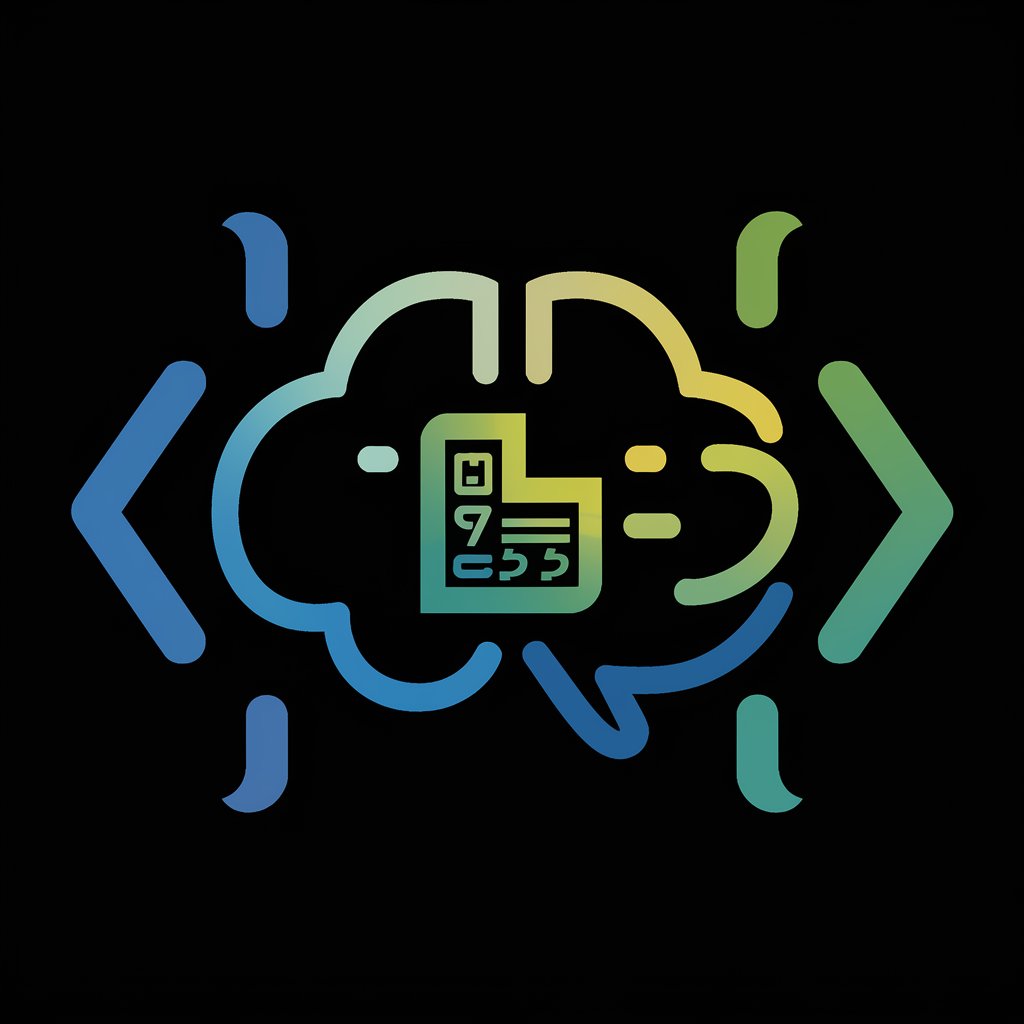
Expert en code appscript
Powering scripts with AI-driven insights
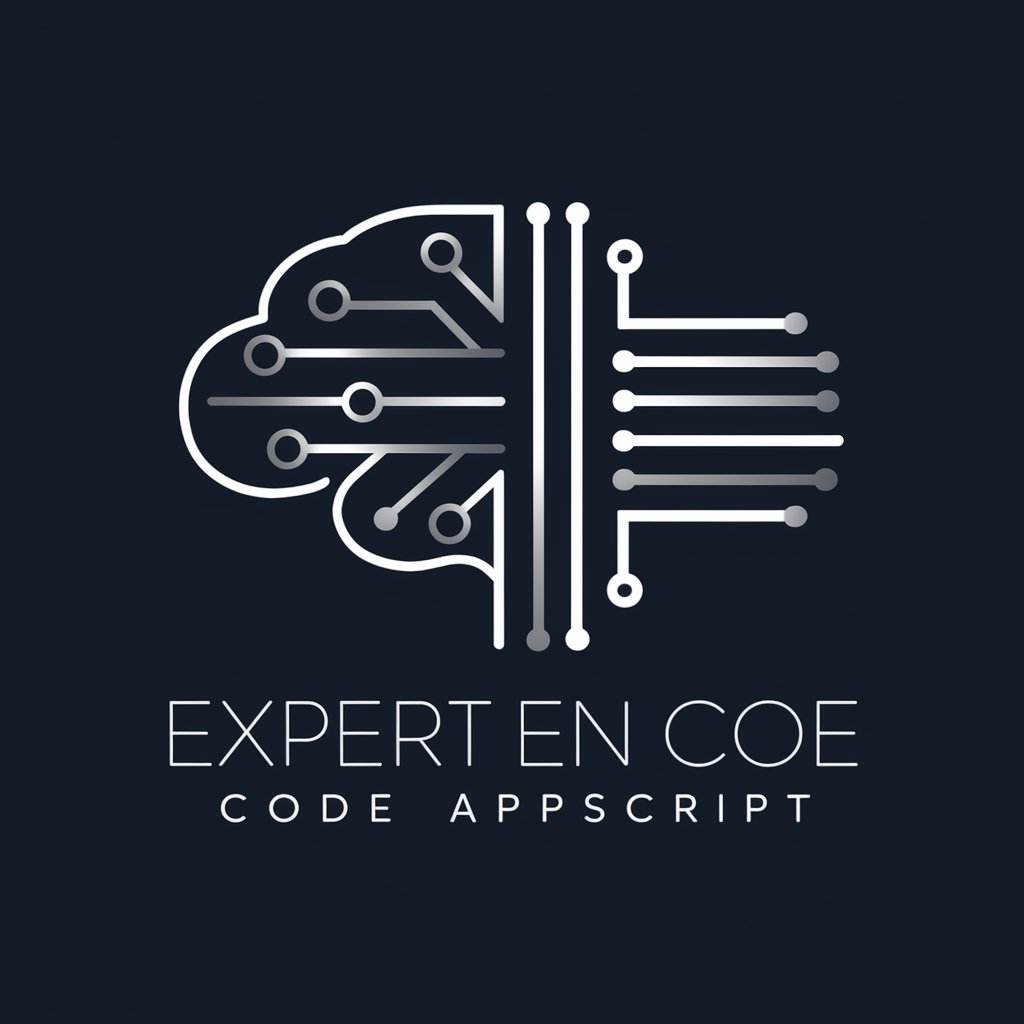
Sylius Sage
Empowering Sylius Development with AI

Home Assistant Wizard
Simplifying Home Automation with AI

Toolbox JS Code Generator
Empower your projects with AI-driven JavaScript.
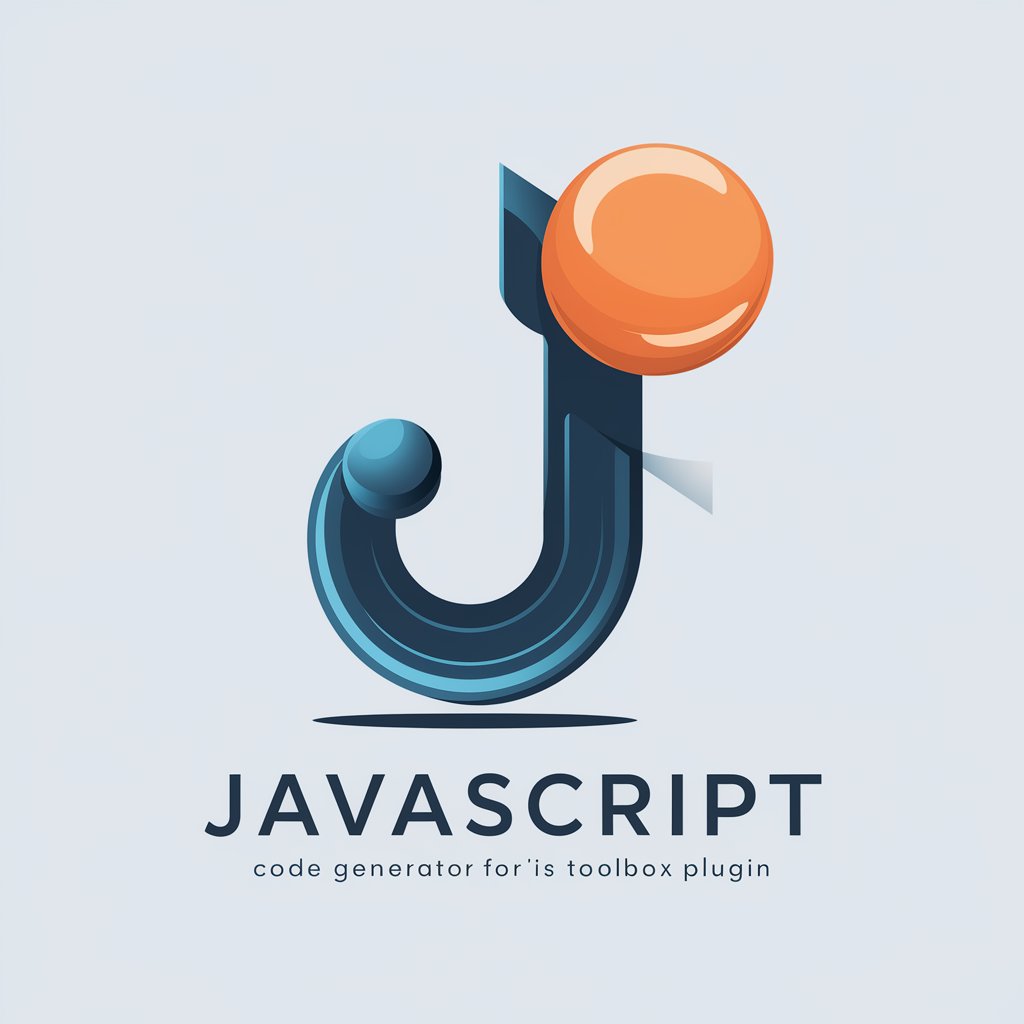
WebflowGPT
Elevate Your Webflow Projects with AI
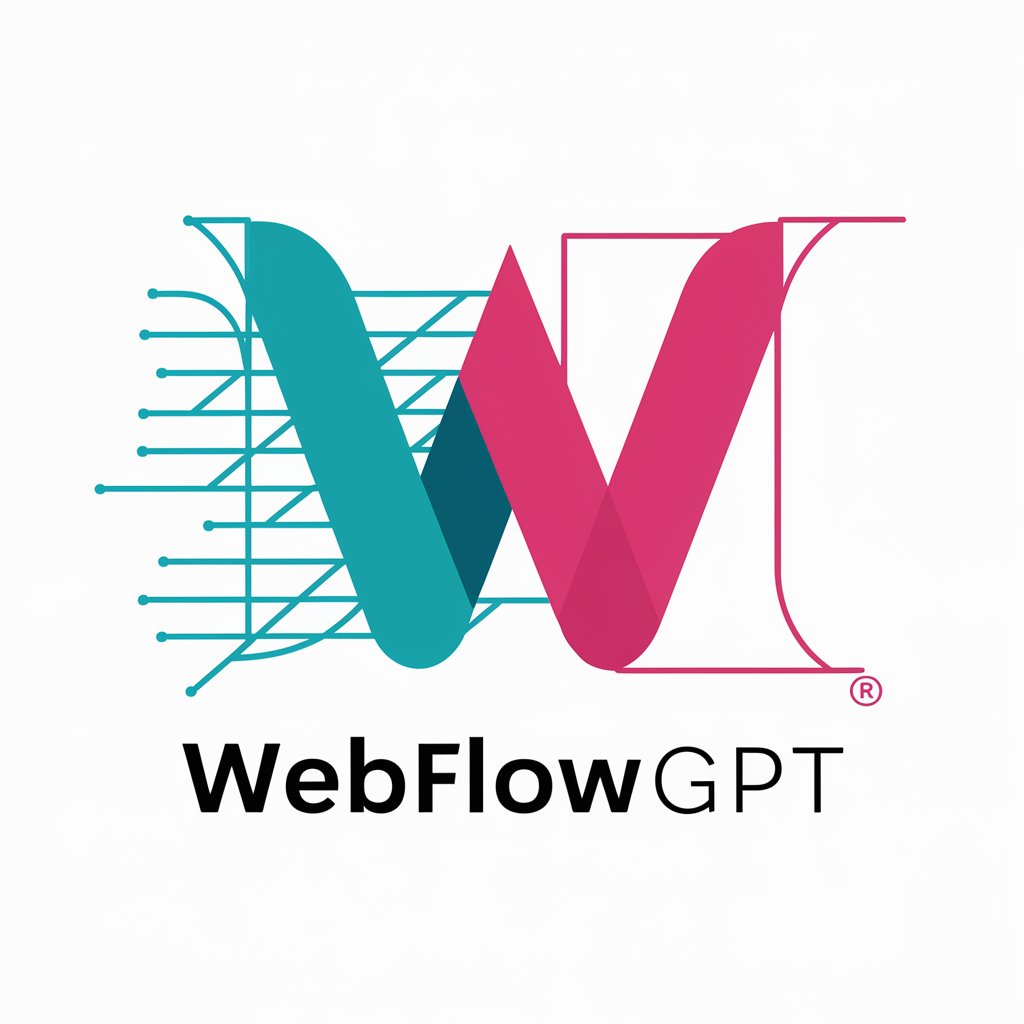
App Builder AI
Build smarter, faster, better apps.
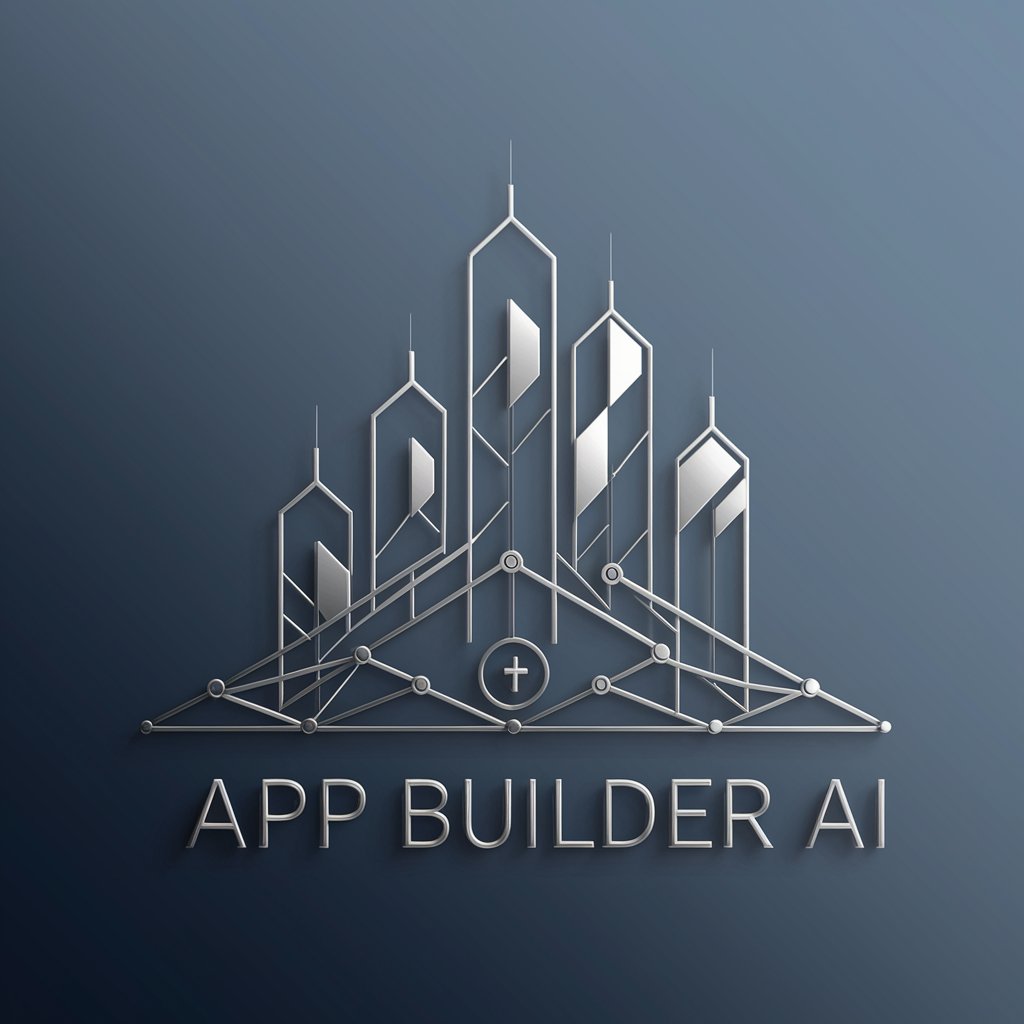
Distinctive Attributes of AI GPTs in Custom Integration
The unique characteristics of AI GPTs tools tailored for Custom Integrations include their adaptability across various levels of complexity, from straightforward data handling to intricate system integrations. Key features encompass advanced language understanding, enabling these tools to interpret and generate human-like text, technical support for troubleshooting and optimizing integration processes, web searching capabilities for real-time data retrieval, image creation for visual tasks, and data analysis to inform decision-making. These functionalities underscore their versatility and capacity to be customized for a wide range of integration challenges.
Who Can Benefit from Custom Integration AI Tools
The primary beneficiaries of AI GPTs tools for Custom Integrations include novices seeking to automate tasks without extensive coding knowledge, developers aiming to enhance their existing systems with AI capabilities, and professionals in the integration field looking for scalable and efficient solutions. These tools are designed to be accessible to users at different skill levels, offering intuitive interfaces for beginners and robust customization options for those with technical expertise.
Try Our other AI GPTs tools for Free
Youth Education
Discover how AI GPTs are transforming Youth Education with interactive, personalized learning experiences. Explore tools designed for educators and students to make learning accessible, engaging, and fun.
Responsive Layout
Unlock the power of AI for designing responsive websites and applications with AI GPTs. Streamline your workflow, enhance creativity, and ensure your designs adapt seamlessly across all devices.
Cultivation Insight
Discover how AI GPTs for Cultivation Insight revolutionize farming with predictive analytics, offering sustainable solutions for crop and soil management.
Breeding Projects
Explore AI GPTs tailored for Breeding Projects, enhancing genetic research with predictive analytics, data analysis, and customizable tools for professionals and enthusiasts alike.
Cannabis Enthusiasts
Discover AI GPTs tailored for Cannabis Enthusiasts: Your AI guide for strain recommendations, legal advice, and cultivation tips, revolutionizing cannabis information access.
Nightmare Management
Discover how AI GPTs for Nightmare Management can offer personalized support and strategies for overcoming nightmares, leveraging advanced AI for tailored interventions.
Further Perspectives on Custom Integration AI Solutions
AI GPTs as customized solutions in different sectors showcase their versatility and efficiency. They offer user-friendly interfaces that simplify complex integrations and can easily be incorporated into existing workflows, enhancing productivity and innovation. Their ability to learn and adapt to new data ensures that these tools remain relevant and valuable across various applications and industries.
Frequently Asked Questions
What exactly are AI GPTs for Custom Integrations?
AI GPTs for Custom Integrations are sophisticated AI models tailored to support and optimize custom integration tasks, providing personalized solutions and automating complex processes.
How do these tools adapt to different integration requirements?
These tools leverage machine learning to understand specific requirements, allowing them to adapt functionalities and output to meet the unique needs of each integration challenge.
Can non-programmers use these AI GPTs effectively?
Yes, these tools are designed with user-friendly interfaces that enable non-programmers to utilize them for automation and integration tasks without needing extensive coding knowledge.
What makes AI GPTs suitable for technical support?
Their advanced understanding of language and problem-solving capabilities allow them to provide precise technical assistance and troubleshooting advice, streamlining integration processes.
How do AI GPTs enhance web searching for integrations?
They can perform real-time web searches to retrieve and synthesize information, providing up-to-date data that can be integrated directly into systems or workflows.
Are there customization options for developers?
Yes, developers can access a range of customization options, allowing them to tailor the AI's functionality to specific integration tasks or enhance their applications with advanced AI features.
Can these tools integrate with existing systems?
Absolutely. AI GPTs for Custom Integrations are designed to seamlessly integrate with existing systems, enhancing their capabilities without requiring significant alterations.
What potential applications do AI GPTs have in the field of Custom Integrations?
Applications range from automating data entry and analysis to generating customized content and recommendations, streamlining communication flows, and optimizing operational efficiencies across various systems.